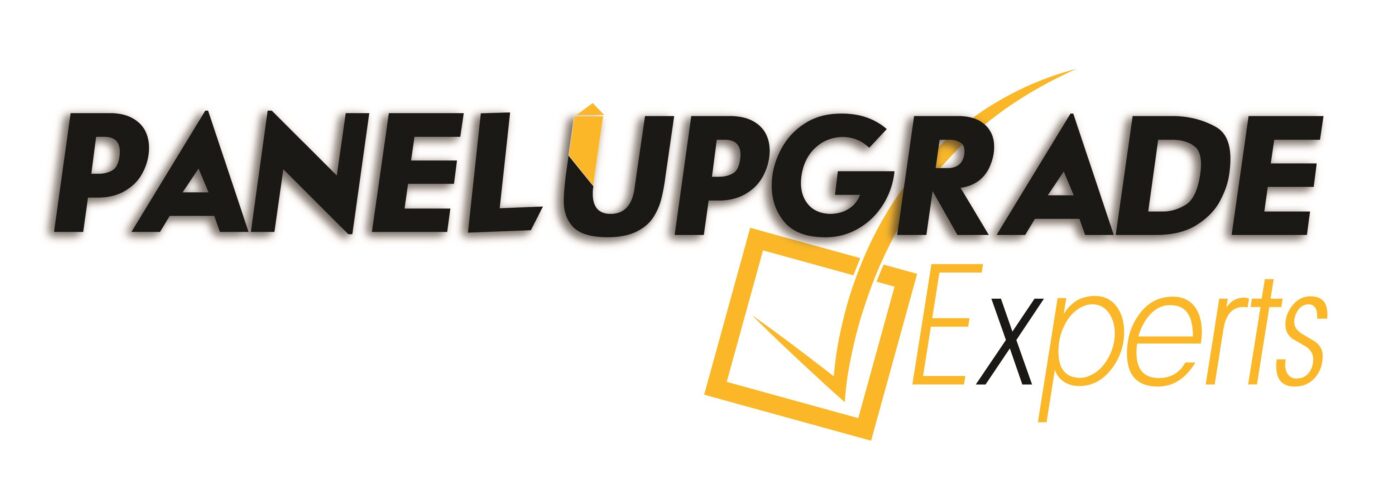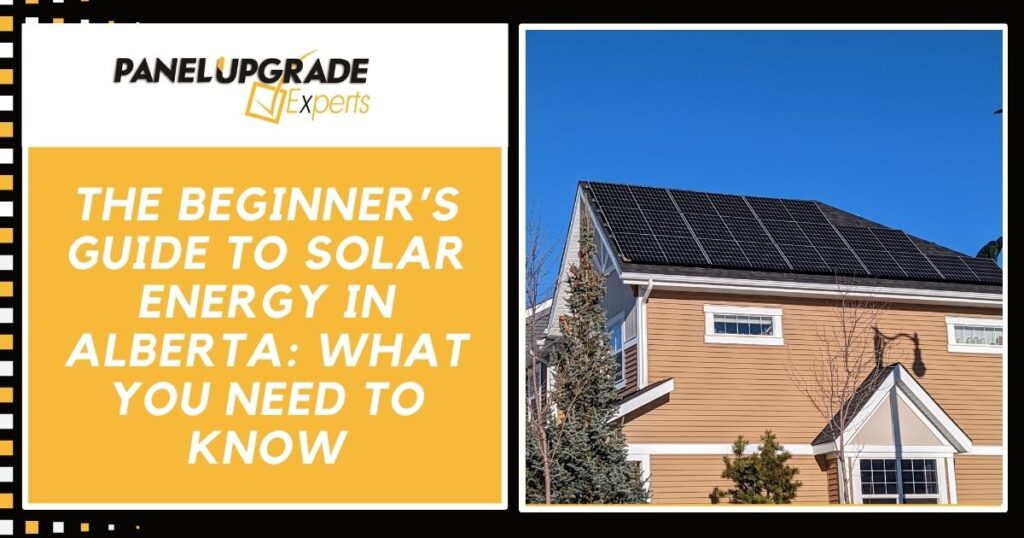Solar energy is rapidly gaining popularity as a clean, sustainable power source. More people are using solar panels every year. The number of solar panel installations has been growing by about 20% each year worldwide.
In Canada, lots more solar panels have been installed recently, adding up to over 3,000 megawatts of solar power by 2023. Whether you’ve seen solar panels on roofs or heard they can cut electricity bills in half, it’s clear they’re becoming more popular.
Solar panels not only help the environment by reducing carbon emissions, but they also save money on energy bills, making them an attractive option for many homeowners.
Durability and Maintenance of Solar Modules
Solar energy is sustainable and efficient, but people often have questions about how durable and easy to maintain solar panels are. Let’s look at some common concerns:
How Durable Are Solar Modules?
Lifespan
Modern solar panels are built to last. On average, solar panels have a lifespan of 25 to 30 years. This doesn’t mean they stop producing electricity after this period; instead, their efficiency might decrease slightly, usually to around 80% of their original capacity.
Materials
The durability of solar panels is due to the high-quality materials used in their construction. Most panels are made of tempered glass, aluminum frames, and silicon solar cells, all built to withstand Alberta’s diverse weather conditions.
Warranties
To support their durability claims, many manufacturers provide performance warranties that ensure a specific efficiency level even after 20 or 25 years. Typically, these warranties guarantee that solar panels will operate at about 80-90% of their original efficiency after 25 years.This long-term reliability is a key reason why more people are choosing to invest in solar energy systems.
Does Hail Damage Solar Modules?
Resilience
Solar panels are tested to make sure they can handle different weather, like hailstorms. The glass covering on solar panels is made strong enough to withstand hailstones as big as 1 inch, even when they’re traveling at speeds of up to 80 kilometers per hour.
Real-world Scenarios
Lab tests say solar panels are tough, but they also hold up well in real-life hail storms, especially when the hail is small. Studies show that today’s panels can handle hail up to 1 inch wide without much harm.
Insurance
To provide homeowners with extra reassurance, they can opt to include their solar installations in their property insurance. This means that in the unlikely event of damage, their solar panels will be covered, offering additional peace of mind.
Snow Clearing And Solar Panels
Natural Melting
Solar panels are typically dark in color, which allows them to absorb sunlight effectively and warm up naturally. As a result, even a thin layer of snow on solar panels can melt faster compared to other surfaces, aiding in the quicker removal of accumulated snow.
Tilted Installation
Tilting panels help snow slide off easily. This is important in places like Alberta, where it snows a lot in winter. Tilted panels prevent snow buildup, so they can make lots of energy all year round.
Manual Clearing
Clearing snow from solar panels by hand might seem like a good idea, but it’s usually not advised. Doing so can potentially damage the panels or invalidate warranties. Additionally, climbing onto a snowy and slippery roof can be hazardous.
Winter Production
It’s important to mention that although snow may temporarily decrease solar energy production, its overall effect on yearly energy output is minimal. During clear winter days, the sun shines brightly, which means that solar panels can still generate energy efficiently.
What Are The Components Of A Solar PV System?
A solar photovoltaic (PV) system is made to turn sunlight into electricity. It includes several important parts, each with its own job in making energy from sunlight.
Here are the main pieces of a solar PV system:
Solar Panels (PV Array)
The main parts of a solar PV system are the solar panels. They have lots of small solar cells that catch sunlight and change it into electricity. These cells are usually made of silicon and are covered by glass, with a special material behind them and an aluminum frame around them for protection.
Solar Inverter
Solar panels produce direct current (DC) electricity, which needs to be converted into alternating current (AC) electricity for use in homes. This is done by an inverter, making the electricity compatible with standard home appliances and the grid.
Mounting Structure
This structure provides support for the solar panels, making sure they are firmly attached to rooftops, ground mounts, or other structures. Additionally, it allows the panels to be angled in the best way to catch the most sunlight.
Battery Bank
In off-grid or backup storage systems, batteries store excess solar electricity. This stored energy is used during sunless periods like nighttime or cloudy days, ensuring a continuous and reliable power supply.
Cabling and Electrical Accessories
These parts link all sections of the solar PV system, making sure electricity moves smoothly. They include connectors, junction boxes, grounding equipment, and safety fuses.
Monitoring and Control Systems
Modern solar PV systems often include monitoring solutions, which let homeowners keep an eye on their system’s performance, energy production, and usage in real-time through a smartphone app.
Protection Devices
Modern solar PV systems often include monitoring solutions, which let homeowners keep an eye on their system’s performance, energy production, and usage in real-time through a smartphone app.
Professional Design and Installation
Using residential solar panels is a big step for sustainable living, but their efficiency and lifespan depend on their design and installation. Here’s what you need to know:
Research
Begin by researching solar installation companies in your area. Find a company that has a good reputation, positive feedback from customers, and a history of successfully completed projects.
Consultations
Lots of trustworthy solar companies provide free consultations. During these sessions, you can talk about your energy needs, have your property evaluated, and receive a personalized solar plan just for you.
Recommendations
Word of mouth can be really helpful. Talk to your friends, family, or neighbors who have solar panels installed. They can share their own experiences, which can give you some really useful advice.
Importance Of Certified Professionals
Why should you get solar panels in Alberta installed by a qualified professional?
Here are the top 5 reasons to avoid DIY solar panel installations.
1. Quality Assurance
Certified professionals have completed thorough training and are well-versed in all electrical codes of Alberta and local regulations, guaranteeing the quality of their work.
2. Safety
Installing solar panels involves electrical work, which can be dangerous if not done properly. Certified professionals are trained to manage and reduce these risks safely.
3. Optimal Performance
A properly designed and installed solar system makes sure you produce as much energy as possible, getting the most value from your investment.
4. Warranties and Guarantees
Most warranties for solar products require installation by certified professionals. This helps ensure that any future problems with the product can be resolved smoothly, without any disagreements.
5. Regulatory Compliance
Installers who are certified stay informed about local rules, permits, and incentives. This means they make sure your solar system follows all the rules set by the government, both locally and nationally.
Unlocking Solar Energy In Alberta
We understand solar energy in Alberta can be confusing. That’s why we’re ready to help you start saving money on rising and unpredictable energy prices. Panel Upgrade Experts, a local solar panel installation company in Calgary, has been helping the community with its electrical needs since 2013.
If you’re ready to explore the potential of solar energy for your home or business, we can provide expert guidance and reliable installation services. Our team handles everything from consultation and site assessment to installation and permits, ensuring a seamless transition to solar energy.
Final Thoughts
Solar energy is a great way to make our world cleaner and safer. It’s getting more popular because it’s becoming cheaper and easier to use. Solar power has many uses, from powering our homes to running cars and buses. It’s good because it’s clean, cheap, and helps fight climate change.
Although there are challenges like cloudy days and storing energy, we’re making progress. More people are using solar power, making our world cleaner and brighter.
FAQs
How does adopting solar energy benefit the environment?
Using solar energy is a green choice because it doesn’t make greenhouse gases once the panels are working. Solar panels help by using less fossil fuels, which means less pollution causing global warming.
Can solar panels work during cloudy days or heavy rain?
Solar panels work even on cloudy days, but they generate less electricity. Rain can actually help clean the panels and make them work better. But they work best when it’s sunny and clear outside.
What happens to excess electricity generated by solar panels?
Extra electricity can go into batteries for later or back to the grid. Some places have net metering, where you can get credits or money for the power you give back. Ask your local solar company for accurate info.
Do I need a permit to install solar panels in Alberta?
Yes, you usually need a permit to install solar panels in Alberta. Permits make sure your solar setup follows safety and building codes. Before installing solar panels, check with your local government to find out what permits you need.

